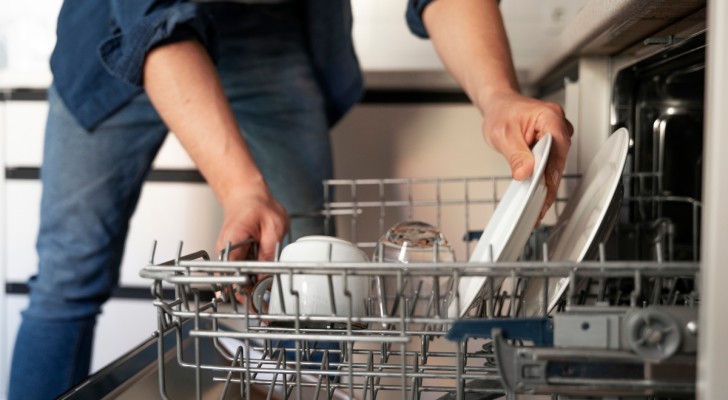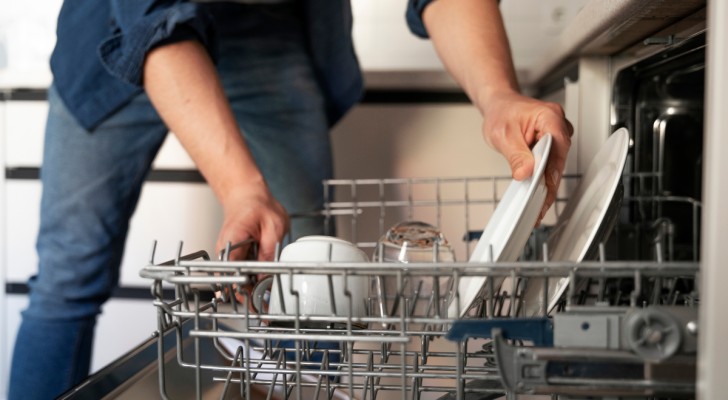Your utility bills will be lower if you use the dishwasher during these time slots

The dishwasher has become a favorite household appliance, providing a convenient way to handle large loads of dishes independently, saving time and effort in post-meal kitchen cleanups. This efficiency is especially appreciated during special occasions (like dinner parties!) when the accumulation of pots, plates, utensils, and glasses awaiting washing can be overwhelming.
However, the use of a dishwasher comes with a downside, namely the increased consumption of electricity, potentially leading to high utility bills.
While it's common knowledge that the dishwasher should be run with a full (but not overloaded) load for optimal cleaning and energy efficiency, how many of us are aware that there are specific times when running the dishwasher can be more cost-effective?
Let's explore together the ideal hours for using the dishwasher to minimize costs:
The times to use the dishwasher to save money

In most industrialized countries, electricity costs are divided into consumption tiers with different prices. These tiers are structured based on usage, and it's preferable to use the dishwasher during hours considered low-consumption, namely when energy demand is lower.
But what are these hours? Typically, they are overnight and early morning hours, from midnight to 8 AM, and evening hours, from 7 or 8 PM until midnight. In some countries, midday hours from 12 PM to 3 PM and weekends are also considered low-demand periods. Check your electricity bill for details on the different cost tiers which could be up to 25% lower in off-peak periods.
Not only the dishwasher but also other high-energy-consuming appliances like the washing machine, dryer, and oven should preferably be used during these hours. In newer models, there's usually a "delay start" function allowing you to set a timer for when you prefer to turn on your appliance.
By hand or in the dishwasher?

But is it true that the dishwasher is better than hand-washing, both economically and environmentally? Well, yes and no. A modern dishwasher typically consumes between 13 to 30 liters of water per wash, potentially offering significant savings compared to handwashing, both in terms of water usage and the energy needed for heating.
However, several aspects need attention during a dishwasher's use:
- Do only full-load washes to reduce the number of cycles.
- Avoid overloading the dishwasher, to achieve successful washing and preventing damage to your appliance.
- Use the dishwasher during low-energy-consumption hours.
- Ensure your appliance is always perfectly clean to guarantee maximum efficiency.
- Consider replacing an outdated appliance with a modern one.
With these precautions, the costs of your dishwasher on the utility bill will no longer be a cause for concern!